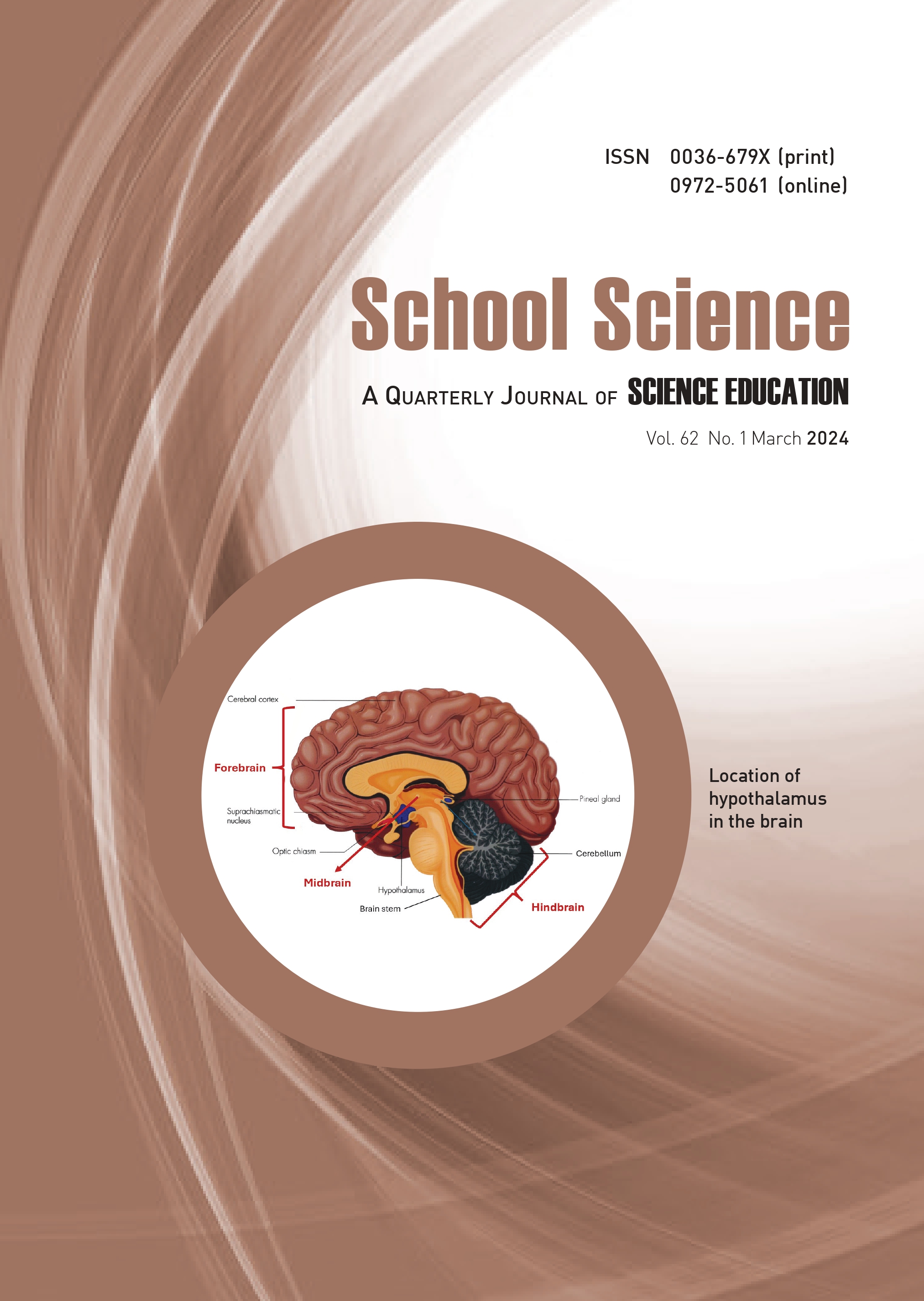Published 2025-09-02
Keywords
- Mental health,
- Curriculum,
- Sleep hygiene,
- Sleep,
- Adolescents
How to Cite
Abstract
Sleep is a multifaceted process fundamental to human well-being. The quality of sleep to a large extent determines the quality of life. The impacts of inadequate or poor quality of sleep is manifested in every aspect of our lives—physiological processes, mental health, our performances related to brain function such as academic performance, problem solving ability, our social life, etc. Yet, we compromise sleep without giving much thought. Adolescents compromise the 8–10 hours of sleep per night recommended for their age and this impacts their well-being. With the advent of technology, the quality of sleep is also being compromised due to extended exposure to screen time. In spite of the adverse impacts of sleep deprivation on the well-being increasingly seen especially amongst young people, sleep or sleep hygiene has been left out from the curriculum. This paper attempts to reiterate the importance of sleep by exploring the science of sleep in a simple yet scientifically appropriate manner that will be understandable to a student at the secondary stage. It will further discuss on the consequences of sleep deprivation, its impacts on health and academic performance, all based on research evidence. The paper concludes with a recommendation to consider inclusion of sleep and sleep hygiene concepts in the curriculum appropriately at different stages

